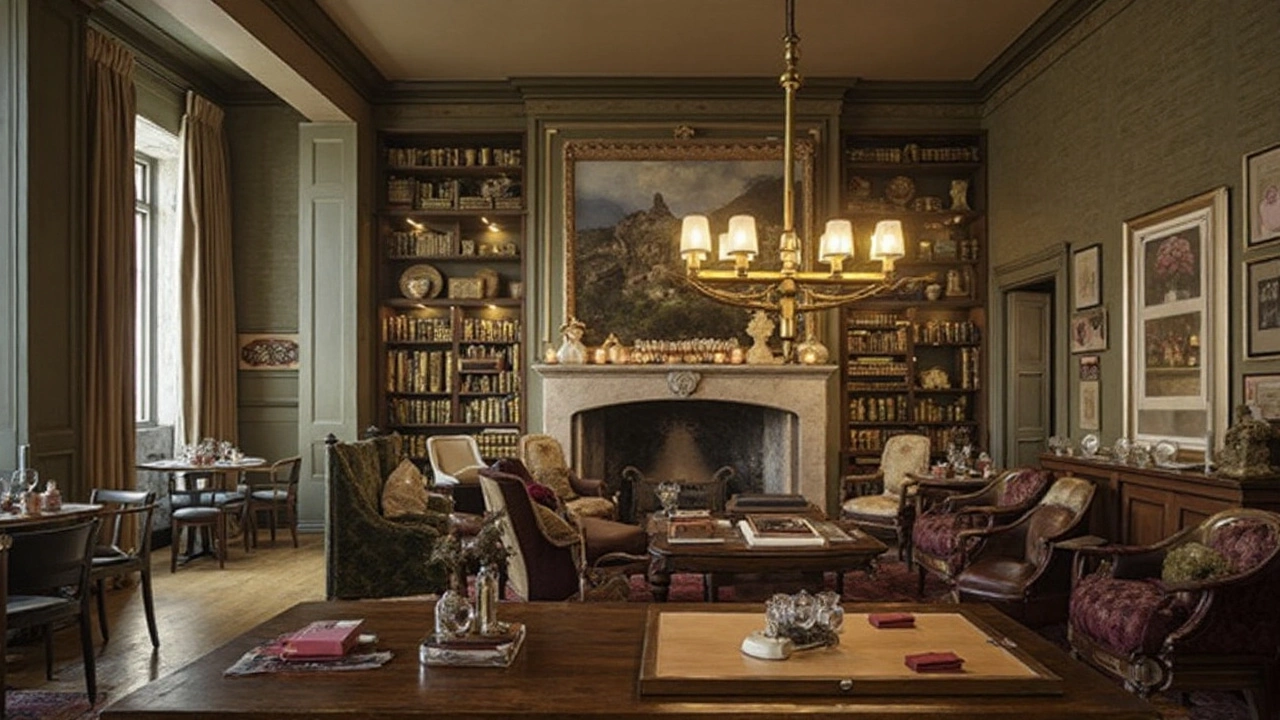Boutique vs Hotel: What Sets Them Apart and How to Pick?
When you start planning a trip, the first question is often "Where should I stay?" Two words that pop up a lot are boutique and hotel. They sound similar, but the experience they deliver can be worlds apart. Understanding the key differences helps you avoid a mismatch and get the most out of your money and time.
Size and Atmosphere
Typical hotels range from 100 rooms to several hundred. Because of that size, they aim for consistency – the same bed size, same bathroom layout, and a standard set of services across every floor. Boutique hotels, on the other hand, keep things intimate. You’ll usually find under 100 rooms, often tucked into a historic building or a converted warehouse. This smaller scale lets owners focus on design details and local flavor. Think custom artwork, a curated minibar, or a lobby that feels more like a living room than a waiting area.
If you love a lively buzz, easy access to a gym, and predictable amenities, a larger hotel might feel more comfortable. If you prefer a cozy vibe, unique décor, and a sense of place that reflects the neighborhood, a boutique property is likely a better fit.
Service Focus
Big hotels tend to have a broad service menu: 24‑hour front desk, room service, laundry, business centers, and often multiple dining options. Staff are trained to follow set procedures, which can be great for reliability but sometimes feels impersonal. Boutique hotels usually offer a more personalized touch. The staff often know your name, can suggest hidden local spots, and might even arrange a special welcome drink based on your preferences.
That said, boutique places may not have a full‑service restaurant or a gym on site. If you need a fitness center or conference rooms, check ahead. Some boutique hotels partner with nearby gyms or coworking spaces to fill those gaps.
Price is another factor that often trips travelers up. Boutique hotels can be pricier per night because of their design focus and limited inventory. However, the cost difference isn’t always huge. Larger chain hotels sometimes charge premium rates for brand name and location, while a boutique property in a less touristy area may be quite affordable.
To decide, start with what matters most for your trip. Are you traveling for work and need a reliable Wi‑Fi connection, a desk, and quick check‑in? A business‑oriented hotel might suit you best. Are you on a romantic getaway or a cultural break and want a space that feels unique? Then a boutique hotel could make the experience memorable.Another tip: read recent guest reviews. Look for comments about noise levels, staff friendliness, and how true the property is to its photos. Reviews often reveal whether a boutique hotel lives up to its promise of charm or falls short on basic comforts.
In the end, there’s no one‑size‑fits‑all answer. Both boutique hotels and larger hotels have strengths, and the right choice depends on your priorities, budget, and the vibe you’re after. Keep these points in mind, compare a few options, and you’ll land on a stay that matches your travel style perfectly.
What Is a Boutique Hotel? Meaning, Features, and How to Choose
Plain-English explainer of boutique hotels: definition, what to expect, how to tell real boutiques from ‘lifestyle’ chains, with checklists, examples, and booking tips.
